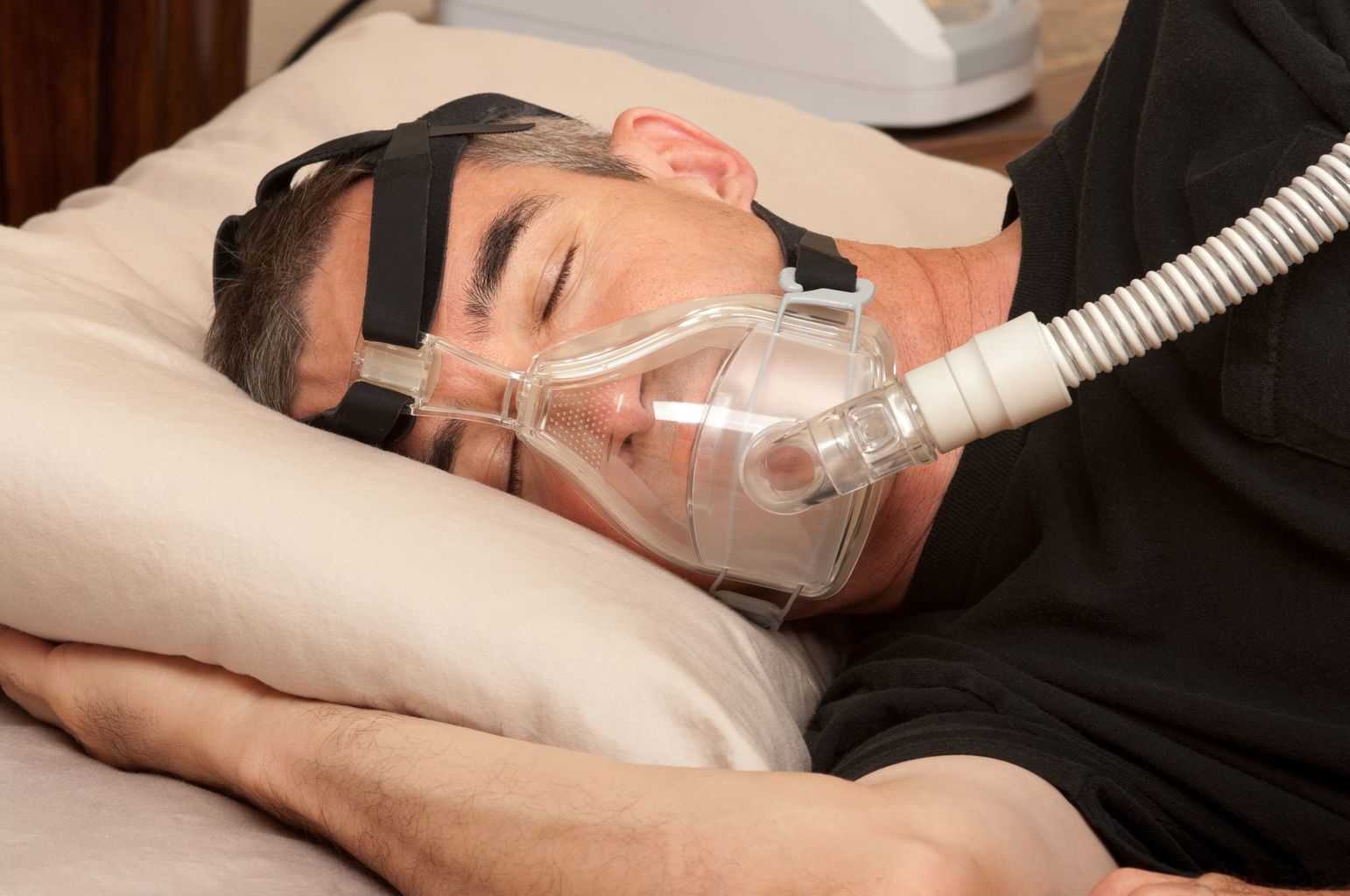
[cmamad id=”6515″ align=”center” tabid=”display-desktop” mobid=”display-desktop” stg=””]
Today I want to discuss sleep apnea with you.
I’m extremely upset at the way sleep apnea is being treated in the Western world.
Let’s start with the fact that sleep apnea may not be actually harmful at all.
But what is sleep apnea?
Sleep apnea a sleep disorder where you periodically stop breathing while you’re sleeping.
The essential thing is that when you stop breathing, you build up carbon dioxide in your body.
Carbon dioxide helps your cells absorb oxygen.
The reason you stop breathing when you are sleeping is that your body is trying to build up more carbon dioxide.
And that’s a good thing.
If you’re extremely healthy, you won’t have sleep apnea.
Your body will build up a high level of carbon dioxide by maintaining strong, youthful metabolism.
But many people aren’t there.
[cmamad id=”6516″ align=”center” tabid=”display-desktop” mobid=”display-desktop” stg=””]
Their metabolism has fallen.
And the body compensates by stopping breathing periodically to maintain carbon dioxide levels.
If what I am saying is true, then it should be that moderate sleep apnea is not harmful at all.
In fact, this is the case.
It is not harmful.

This study is done very well.
There were 611 participants, most of whom were men.
Of course, there was a mix of people with sleep apnea, and those without.
In fact, there was a matched group for the sleep apnea group.
That means that they chose participants who did not have sleep apnea.
But researchers matched them to the same other criteria as their “mirrored” person in the sleep apnea group.
They expected that those with sleep apnea would not live as long as those without sleep apnea.
But they were wrong!
These men, and a few women, who had sleep apnea survived FAR longer than the matched group without sleep apnea.
That’s right, these men and women were one-third less likely to die than the mirrored group.
As the researchers explain:
elderly people with moderate sleep apnea had significantly lower mortality rates than a matched population.
This is an extremely well-done study.
They tracked the severity of each person’s sleep apnea.
Sleep apnea is often measured by “apnea events per hour.”
And events per hour can be monitored by a machine.
The people that outlived the non-apnea matched group had 20 to 40 apnea events per hour.
But why do people with sleep apnea outlive other people?
First of all, realize that this is moderate sleep apnea, not severe sleep apnea.
So people with moderate sleep apnea seem to outlive matched people who do not have any sleep apnea.
There are many reasons under speculation right now.
One of the favorites is that sleep apnea somehow conditions the heart and nervous system to stopping breathing.
And they think this conditioning works somewhat like athletic conditioning or exercise.
I believe that the carbon dioxide theory explains it very well.
We’ve known about the role of carbon dioxide and it’s health-giving benefits for 120 years.
But most doctors learned in medical school that carbon dioxide is nothing but a “waste product.”
Now I want to address the use of the CPAP machine and whether or not it has a benefit.
We’ve learned that sleep apnea is unexpectedly good for your health — as long as it’s not extremely severe.
Now let’s see if the CPAP machine prolongs life.
Otherwise, there’s no reason to use it is there?
And here is news that’s not so good for the multibillion-dollar “sleep” industry.
They make a lot of money off of treating sleep disorders.
Maybe all those CPAP machines may be unnecessary, wasteful, or even a bad idea.

This was a study of almost 1000 people.
Some used the CPAP machine — others did not.
The treatment did almost no good at all for anyone.

Our final study is confirmation of what we have just learned.
This was a study of 810 patients who had sleep apnea, conducted over about 18 years.

155 (48%) were CPAP non-users, 132 (41%) users and 33 (10%) uncertain CPAP users. Death occurred in 31 CPAP non-users, 12 CPAP users and 16 uncertain CPAP users.
We really can’t tell much from this.
It seems that 12 people who were using the CPAP machine died during the study.
31 people who did NOT use the machine died.
And then 16 “we aren’t sure” people died too.
But this study went one step further, and that is what makes this very valuable.
This study looked at something called “comorbidities.”
When something is “comorbid,” it’s another issue that the person has which can influence the outcome.
It’s the other problems that people had.
And it found that if people had other comorbidities such as diabetes or high blood pressure, the CPAP made somewhat of a difference.
But for people who did not have any other problems except sleep apnea, the CPAP made no difference at all.
And even with people that had comorbidities, the difference was very slight.
The problem with the CPAP machine is that it forces air into your lungs.
And in doing so, it lowers your carbon dioxide levels.
I think with some other studies that I am looking at will show that the CPAP is just not a good idea.
I think we will see that CPAP machines cause a quicker death than not using one for many people.
But these studies show one of two things.
It either makes no difference at all.
Or it makes a very small difference and even then only if you have other health issues.
And these studies show that sleep apnea can be healthy, even useful when it’s less severe.
What a surprise.

http://onlinelibrary.wiley.com/doi/10.1111/j.1365-2869.2009.00754.x/full
Cardiovascular Mortality in Obstructive Sleep Apnea in the Elderly: Role of Long-Term Continuous Positive Airway Pressure Treatment, A Prospective Observational Study
http://www.atsjournals.org/doi/full/10.1164/rccm.201203-0448OC
Comorbidities and survival in obstructive sleep apnoea beyond the age of 50
http://onlinelibrary.wiley.com/doi/10.1111/eci.12011/full

Leave a Reply